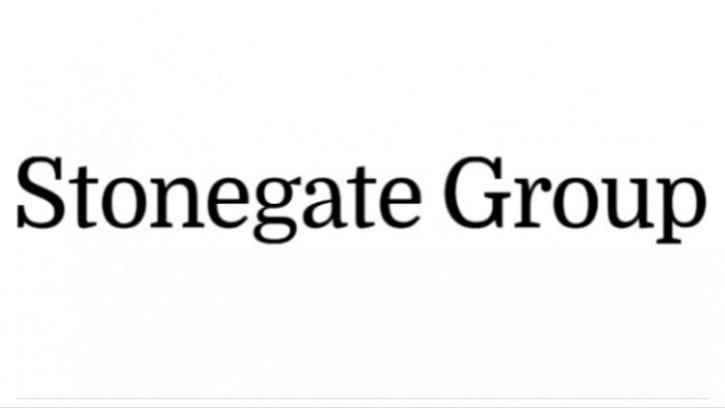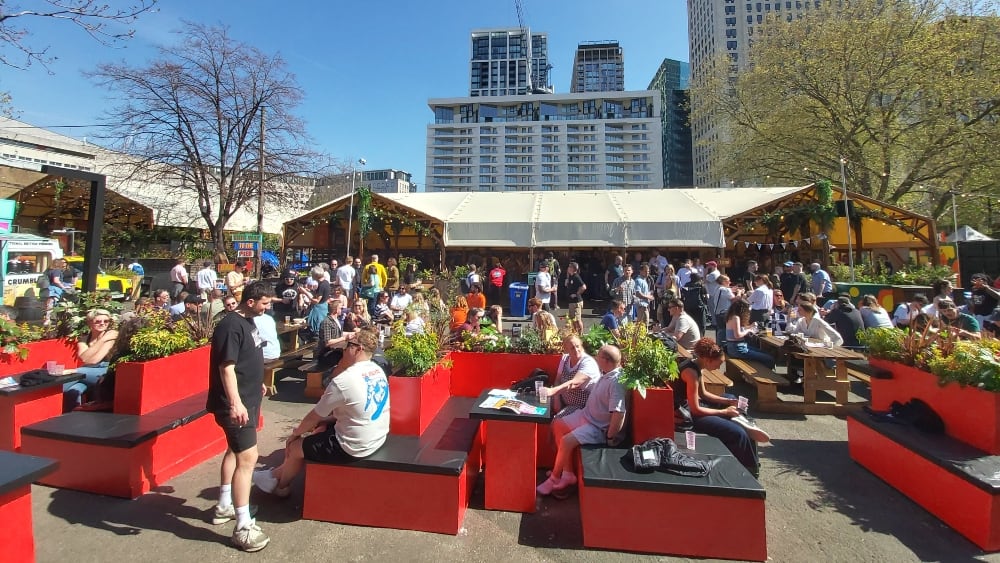This month we hosted our debut LTC Wellbeing Conference and I started that conference by asking ‘how many times have we all said, “well, next year can’t be as bad as last year, surely?”‘.
You don’t need me to tell you the licensed hospitality community has taken a sizeable financial kicking over the past five years.
After surviving all the pressures from Covid and the ongoing war in Ukraine, the increased national insurance contributions and statutory wage hikes are now pushing people to the edge, both financially and mentally.
In fact, the British Institute of Innkeeping (BII) reported just a quarter of publicans are making a clear profit. We’re all being asked to do more with less, particularly when it comes to staffing and so, by necessity, many businesses now have smaller teams with fewer people on shift.
It’s also becoming increasingly common for newer team members to progress faster to fill senior roles. While this shows the skill and adaptability of our people, it also means that team members, those promoted and those reporting to a less experienced manager, can feel more under pressure than ever before.
The result? A workforce increasingly at risk of burnout.
63% increase in calls
At the LTC, we’re seeing this pressure play out in real time. Since last October, we’ve experienced a 63% increase in calls to our helpline, with our highest volume of calls on record this January.
Financial stress and mental health concerns dominate these conversations. These are not isolated cases; they reflect the strain across teams nationwide.
While businesses may have financial reservations about investing in wellbeing programmes, the data shows it saves money.
New LTC research conducted with KAM shows absenteeism is costing the hospitality industry at least £305m every year, with almost half of all sick days linked to poor mental wellbeing[1].
But it’s not just the days people are off sick that affect the bottom line. Some 44 additional days are estimated to be lost for every employee working while in poor mental or physical health, adding a further 45.7m days in lost productivity[2], known as presenteeism.
Employees need more support at work – and we know employers can gain an estimated 5:1 return[3] across retention, productivity and employee engagement for every £1 invested in an Employee Assistance programme.
Human connection
To meet this need and help businesses reduce money lost to absenteeism and presenteeism, LTC’s new, free Wellbeing Calculator allows businesses to measure the cost of poor mental health in their own teams, helping make the case for change with actual numbers.
Our Wellbeing Platform provides access to more than 6,500 resources to help manage wellbeing, from podcasts and webinars to counselling and live chat support. For additional support, LTC is also available to licensed hospitality businesses as an EAP provider.
Hospitality is built on human connection with guests, suppliers and colleagues. If we do not fully support our colleagues, the entire experience will suffer.
That’s why I’m urging hospitality leaders to not let wellbeing become the first cut when budgets tighten. Instead, use our free tools and resources, and let us help you make a difference to your team.
When we invest in our people, we’re not just doing the right thing – we’re making our businesses stronger, more resilient and creating a space where people and performance can thrive together.
- Call the free 24/7 Helpline on 0808 801 0550 or visit https://www.licensedtradecharity.org.uk/
[1] KAM Insight, March 2025
[2] IPPR, Healthy Industry, Prosperous Economy,’ July 2024
[3] https://www.iod.com/resources/mental-health/employee-assistance-programmes-and-mental-health/




